Search
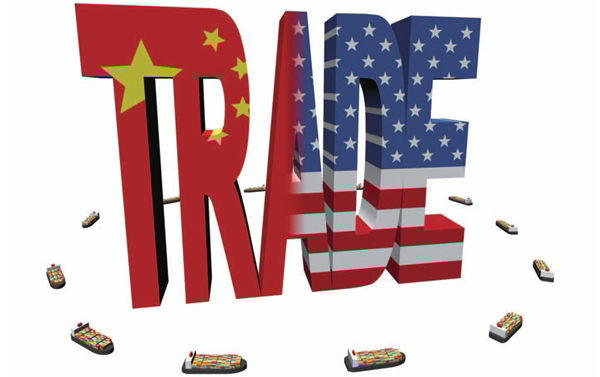
Zhou Xiaoming, Former Deputy Permanent Representative of China’s Mission to the UN Office in Geneva
Feb 03 , 2020
The road to trade peace is treacherous, especially since most of the obligations under phase one are one-sided and place China at a disadvantage. But tariffs are becoming less useful as leverage for the United States in the face of Chinese economic resilience.
Joseph S. Nye, Professor, Harvard University
Nov 08 , 2019
The Kremlin is on a roll. Under President Vladimir Putin, Russia has replaced the United States in Syria, continues to intervene in Eastern Ukraine, and recently hosted an African summit in Sochi. Appearances, however, can be deceptive. True, Russia retains a vast nuclear arsenal, equal in size to that of the US, and it used force effectively against Georgia in 2008 and Ukraine in 2014; provided military assistance to save Bashar al-Assad’s regime in Syria; and has used cyber means to disrupt US and other elections. But Russia can only be an international spoiler. Behind the adventurism, it is a country in decline.
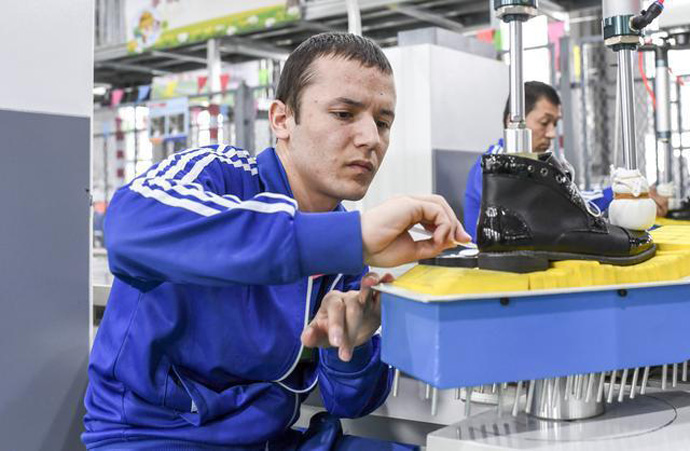
Ma Shikun, Senior Journalist, the People’s Daily
Sep 02 , 2019
Two letters recently submitted to the United Nations by different groups of Ambassadors reveal deeply conflicting views of the same situation: conditions at the education and training centers in Xinjiang. A closer look reveals that, as opposed to the dominant view in the west, the education and training centers both uphold the human rights of their participants and have been effective in curbing terrorism.
Andrew Sheng, Distinguished Fellow at the Asia Global Institute at the University of Hong Kong
Xiao Geng, Director of Institute of Policy and Practice at Shenzhen Finance Institute, Chinese University of Hong Kong
Jun 26 , 2019
American multinationals may like the idea of forcing China to alter the policies and practices – from subsidies for state-owned enterprises to the requirement that foreign firms share proprietary technology in exchange for access to the Chinese market – that place them at a competitive disadvantage. But, as US President Donald Trump’s trade war continues to escalate, it is worth asking: What price are these companies really willing to pay?
Mikaila Smith, J.D. Candidate at the University of Chicago Law School
May 31 , 2019
Originally intended to be a fair, meritocratic system, today China’s university entrance exam, the gaokao, contains structural challenges that prevent disadvantaged students from realizing their potential, in China and all over the world.
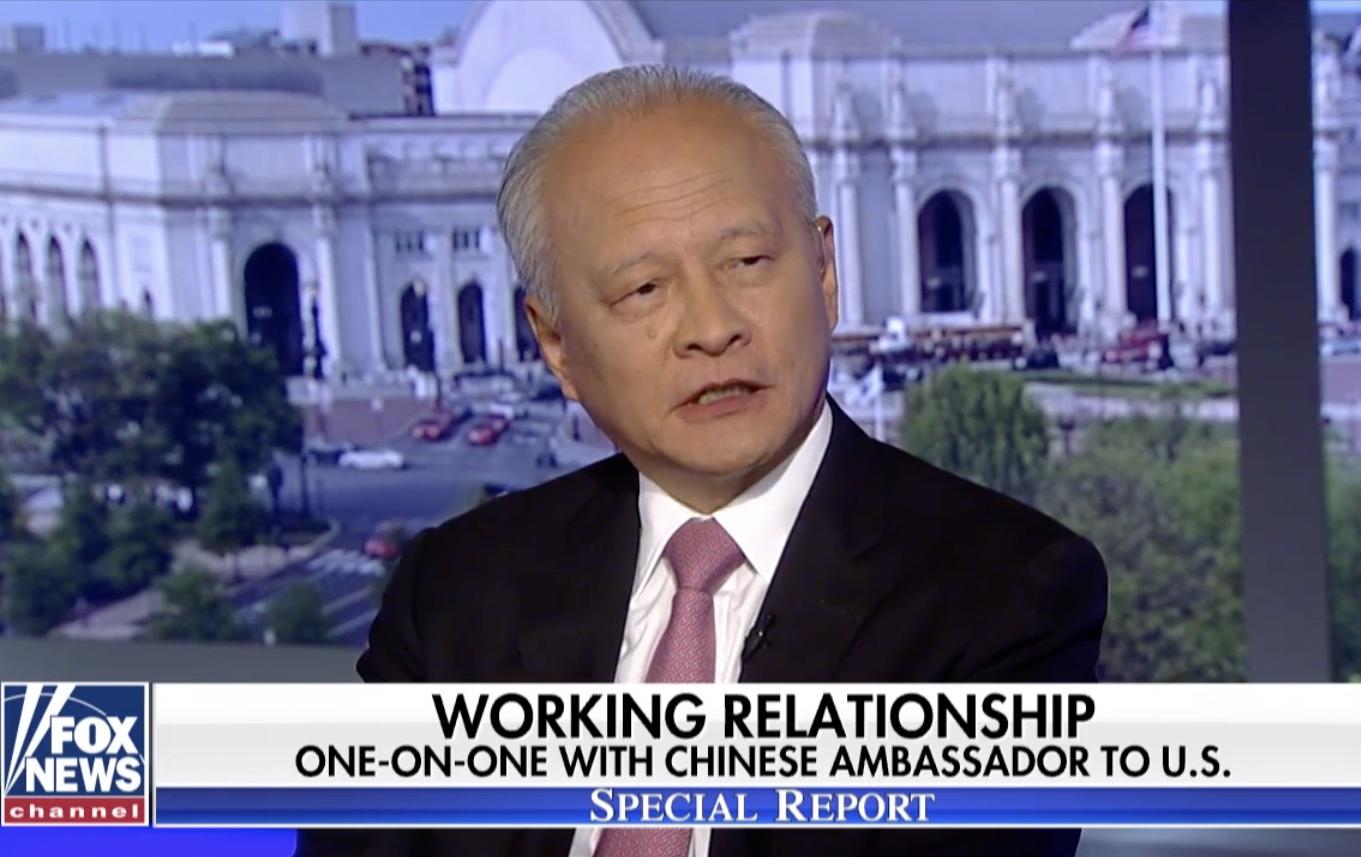
Chinese Ministry of Foreign Affairs ,
May 22 , 2019
On May 21, 2019, Ambassador Cui Tiankai had an interview with the Fox News's Bret Baier Special Report.
Jin Liangxiang, Senior Research Fellow, Shanghai Institute of Int'l Studies
Apr 12 , 2019
In recent years, the United States has failed to reshape world affairs to its liking as it once could. From its inability to oust Bashar Assad from Syria, to its unilateral revocation of the Iran nuclear deal, to its unsuccessful pressuring of allies to block Huawei, we see an America that has lost its touch on the global stage.
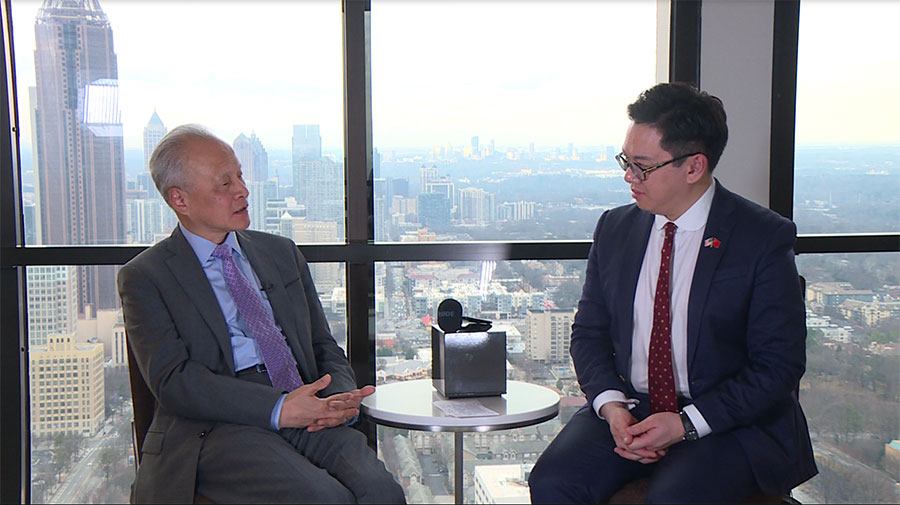
James Chau, President, China-United States Exchange Foundation
Jan 24 , 2019
James Chau sits down with Cui Tiankai, Ambassador of the People’s Republic of China to the United States to discuss the evolving China-US relationship.
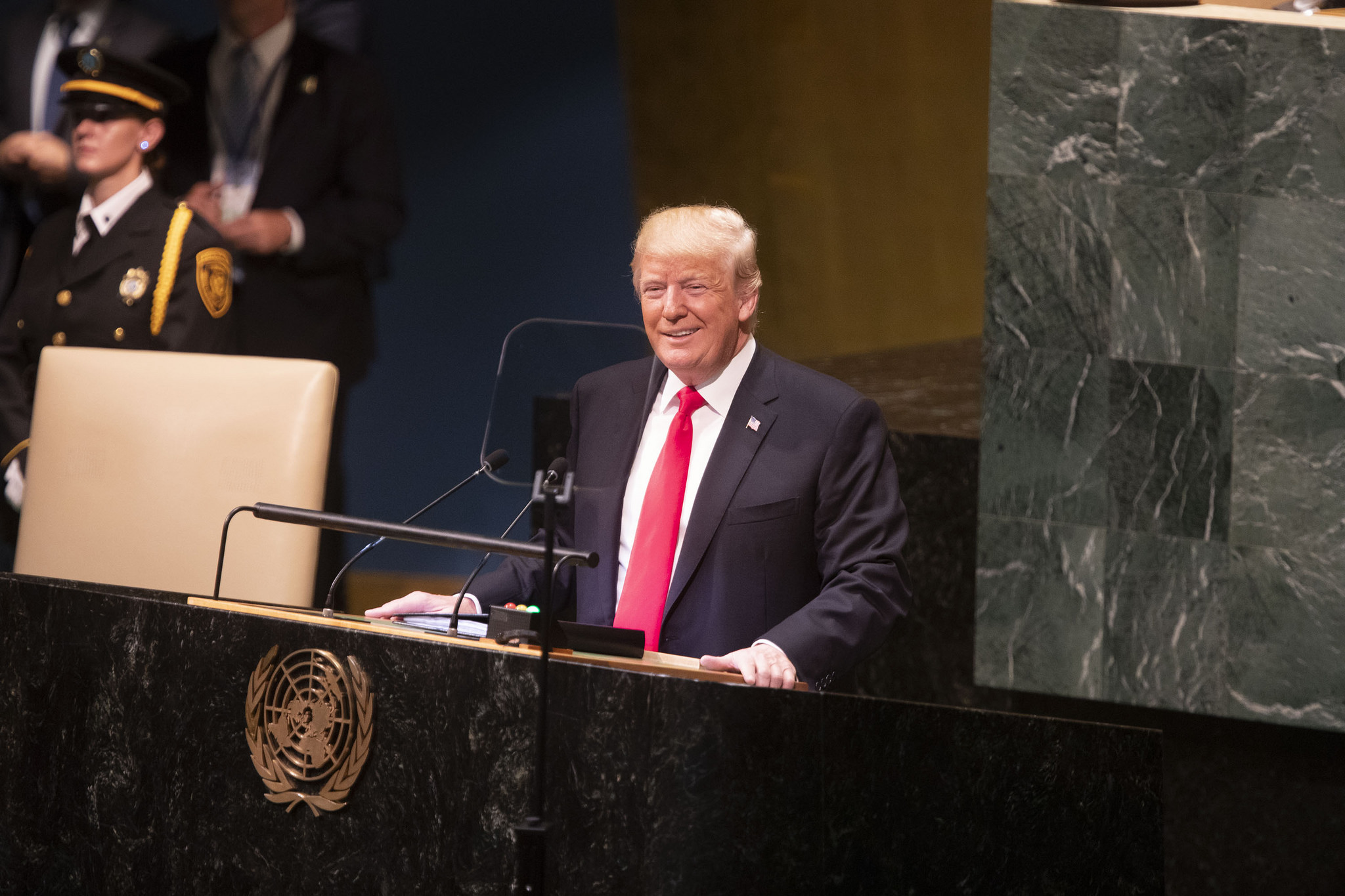
Sampson Oppedisano, Executive Assistant to the Dean, The Milano School of International Affairs, Management and Urban Policy
Nov 02 , 2018
The departure of Ambassador Nikki Haley, a strong force for U.S. policies at the UN, illustrates a looming question: as the U.S. withdraws from the multilateral system it built, who will fill the void? China may be next.
Oct 15 , 2018
It is important to notice who started this trade war. We never want to have a trade war.